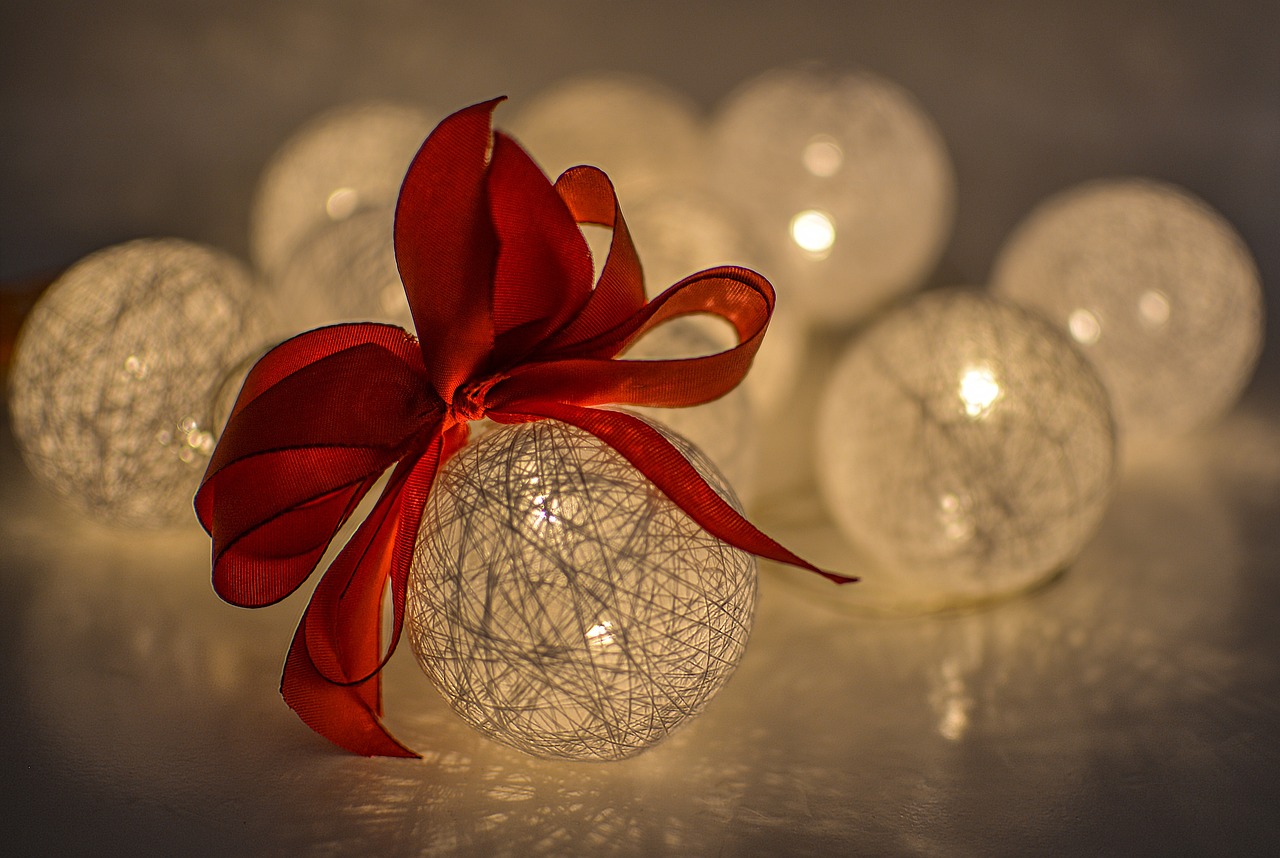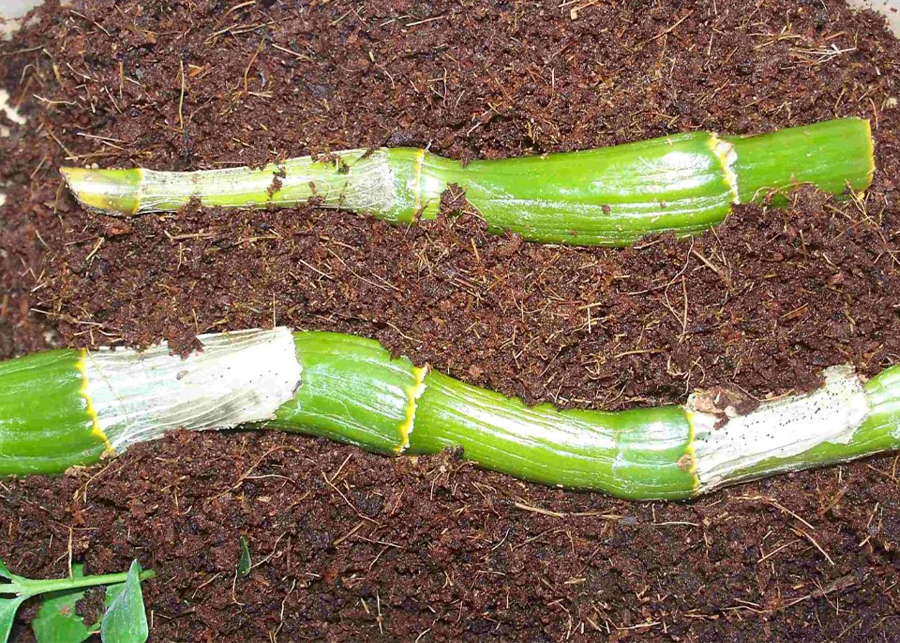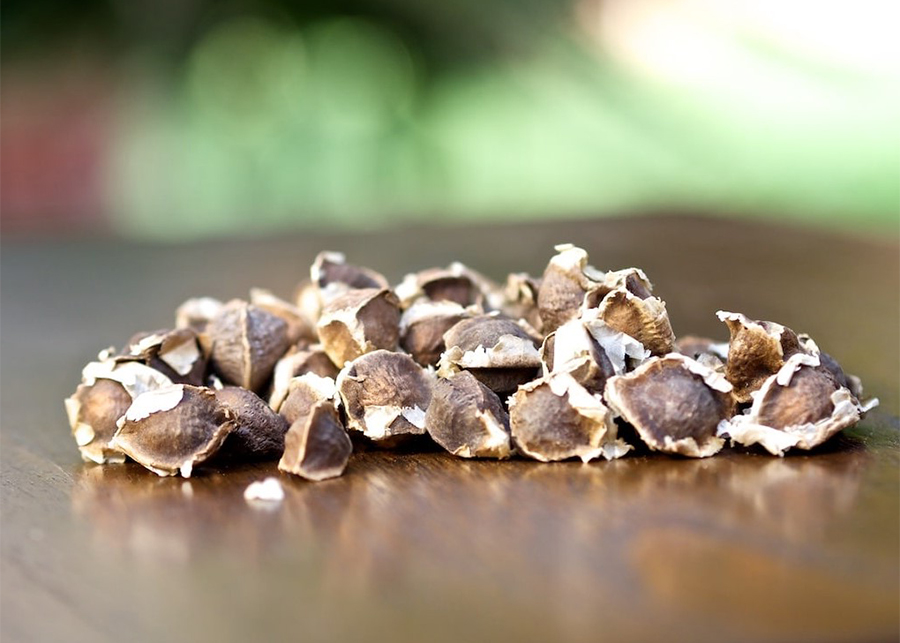Petunia care can seem difficult at first if you’re new at it. But don’t concern yourself with choosing the right soil, type of water, or fertilizing schedule to start. If you’re looking for starting petunia care tips, this is the right place.
If you’re a beginner in petunia care, you might be wondering how to take care of petunias. Petunia care is actually quite easy – the video below is 7:30 minutes long and explains the basics. In this video, you’ll learn how to keep your petunias healthy by watering them deeply once a week. Use a soaker hose instead of a sprinkler or sprayer, and feed them a phosphorus- rich fertilizer at least once a year.
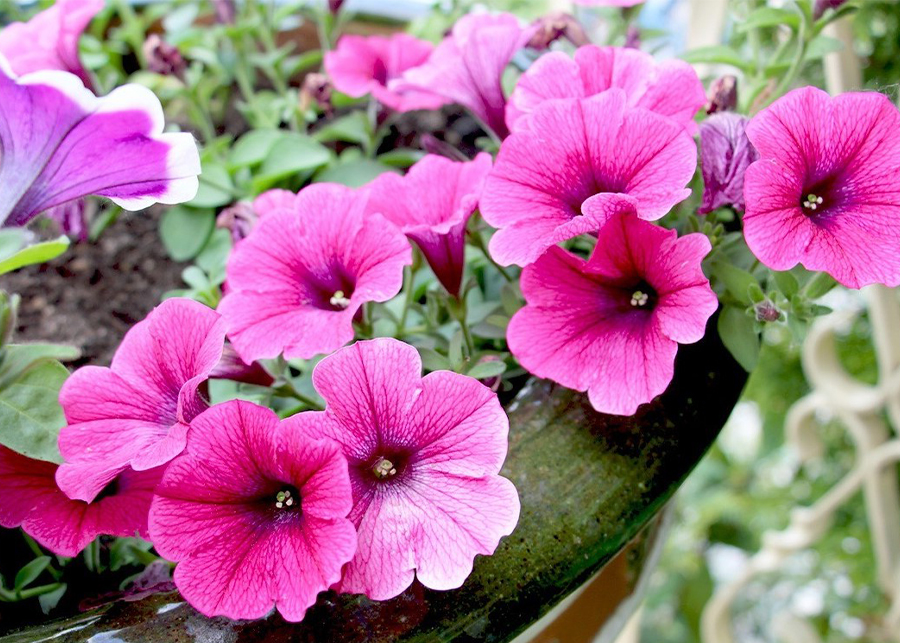
Petunia flower care and meaning
There are several myths and lore surrounding Petunia flowers and the flowers’ meanings, but the truth is that these plants are among the easiest to care for and grow. Petunias are native to South America, with approximately 35 species. The French first introduced them to gardens around the world in 1823, and the Scottish explorer John Tweedie later brought specimens to the Glasgow Botanical Garden.
The flower’s symbolic meaning is based on different cultures and has changed over the centuries. While the flower once represented anger and resentment, this meaning has since changed. Today, petunias symbolize friendship and companionship, as well as the desire to spend time with others. Some even claim that the flower represents hope. Whatever its meaning, the flower is a great way to show someone that you care.
Petunia care
If you are wondering what petunia flower care involves, you can learn more about the plants from their names. Unlike other flowers, petunias do not bloom all the time. They prefer six hours of full sun each day. If you notice that your petunias are not producing any flowers, you can place them in a sunny area. Make sure to water the plants regularly to keep the soil moist.
A balanced fertilizer for petunias is best for them. Fertilize your petunia plants every two to three weeks. Occasionally, fertilize spreading varieties, like the Blue Spark Cascadia, for their trailing violet flowers. Supertunia Silver is a profuse bloomer with lavender veins and throats. Prism Sunshine has butter yellow flowers and is hardy in most conditions.
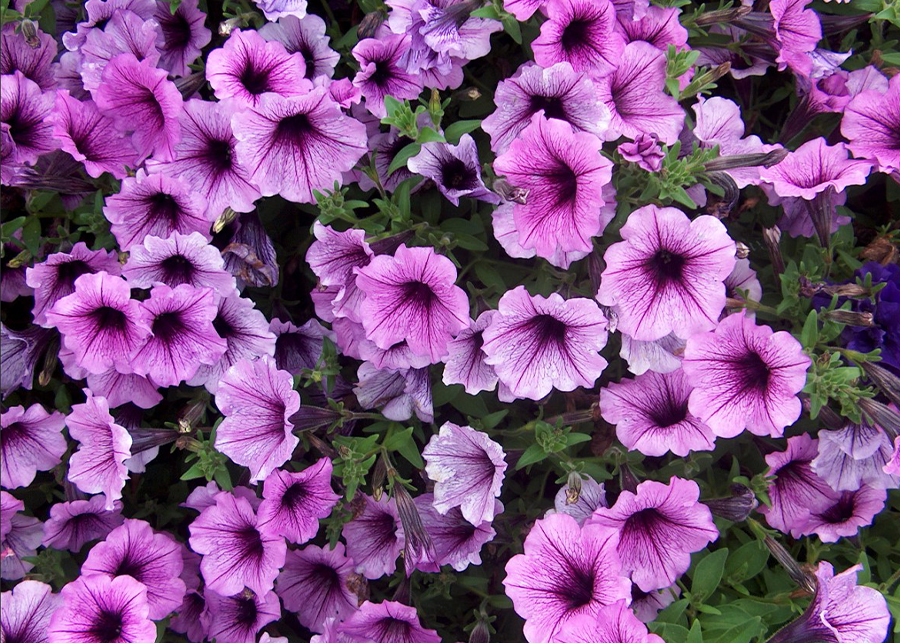
Petunia flowers meaning
A petunia flower is a delicate but hardy flower that often appears in containers, hanging baskets and window boxes. It is an annual but can grow as a perennial in certain areas. This beautiful flower holds many meanings depending on the intention and relationship between the sender and recipient. Some meanings for petunias include love, resentment, and compassion, while others are more contradictory.
Petunias usually grow outdoors, where they need lots of sun and water to thrive. However, they are easy to grow indoors and can be kept in a sunny window sill. Just make sure to water them regularly, and don’t let them get too dry or soggy. You can also propagate petunias by taking cuttings from them and replanting them. Be sure to rotate them every few days so that they receive even sunlight.
Do petunias need more sun or shade?
In order to grow healthy, beautiful petunias, you need to find a sunny location in your garden. Petunias need at least five hours of full sunlight daily and will bloom more in sunny spots.
However, they can grow well in partial shade as long as they get plenty of light. In addition to the amount of sunlight they need, petunias also need good drainage and slightly acidic soil. If you want to give your plants the best possible start, you can always amend the soil with compost or other organic matter.
For the best results, plant your petunias in raised garden beds, which should have a high nutrient content. Aged cow or chicken manure will add nutrients to the soil, which will aid in quick growth of the plants. You can also boost the nutrient content of the soil by adding compost or aged animal manures. Pelted chicken manure is an excellent way to enrich the soil and feed your petunias for three months.
How long will petunia last?
To maximize the length of time that your petunia flower blooms, keep it as moist as possible. Petunias have fibrous roots that need consistent moisture to grow. Extremes in soil moisture can result in plant failure. Soggy, flooding soils can suffocate the roots and cause fungal diseases.
Dry soil can cause wilting and leaf abortion. Soils with a sandy texture drain quickly, while clay- based soil takes longer to dry.
The most common cause for a petunia not to bloom is insufficient light. Petunias require at least six hours of direct sunlight each day. You can easily extend the flowering time by placing the plant in a window or a sunny spot and watering it regularly to keep the soil moist. Once a flower has finished blooming, the plant will stop producing new flowers.
F.A.Q
What are petunias good for?
Petunias are a colorful addition to the summer garden with a variety of stunning blossoms, forms and foliage. Whether you want color in a mass planting or a more formal perennial bed petunias will add pops of color from spring through fall. Petunia plants are readily available at nurseries, home improvement stores and even grocery stores in the springtime. Look for varieties that specify low growing as these make excellent border plants as well as container plants.

